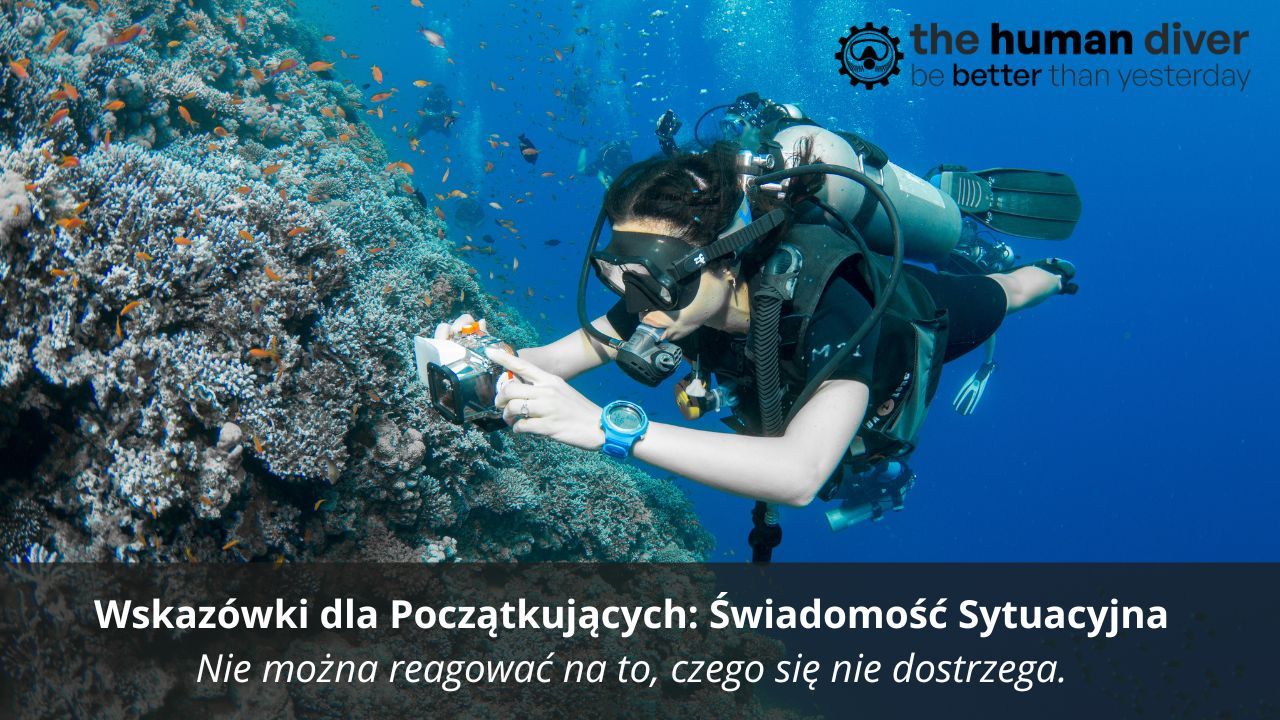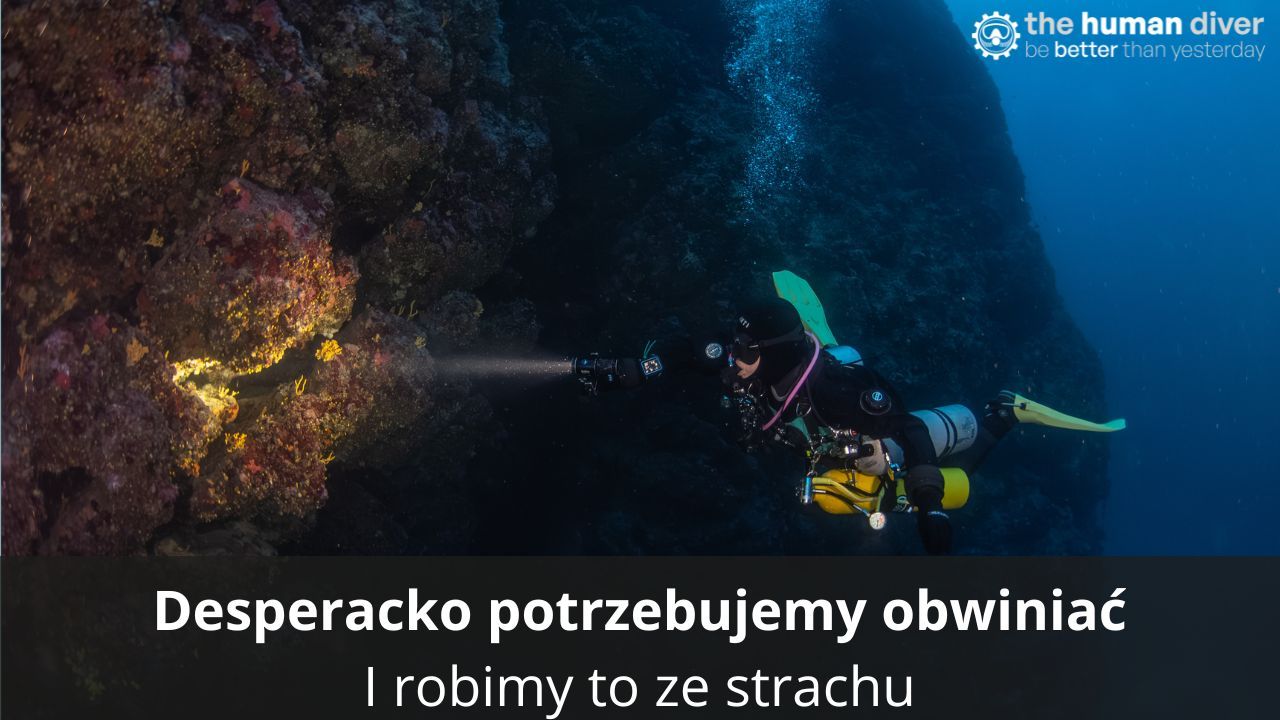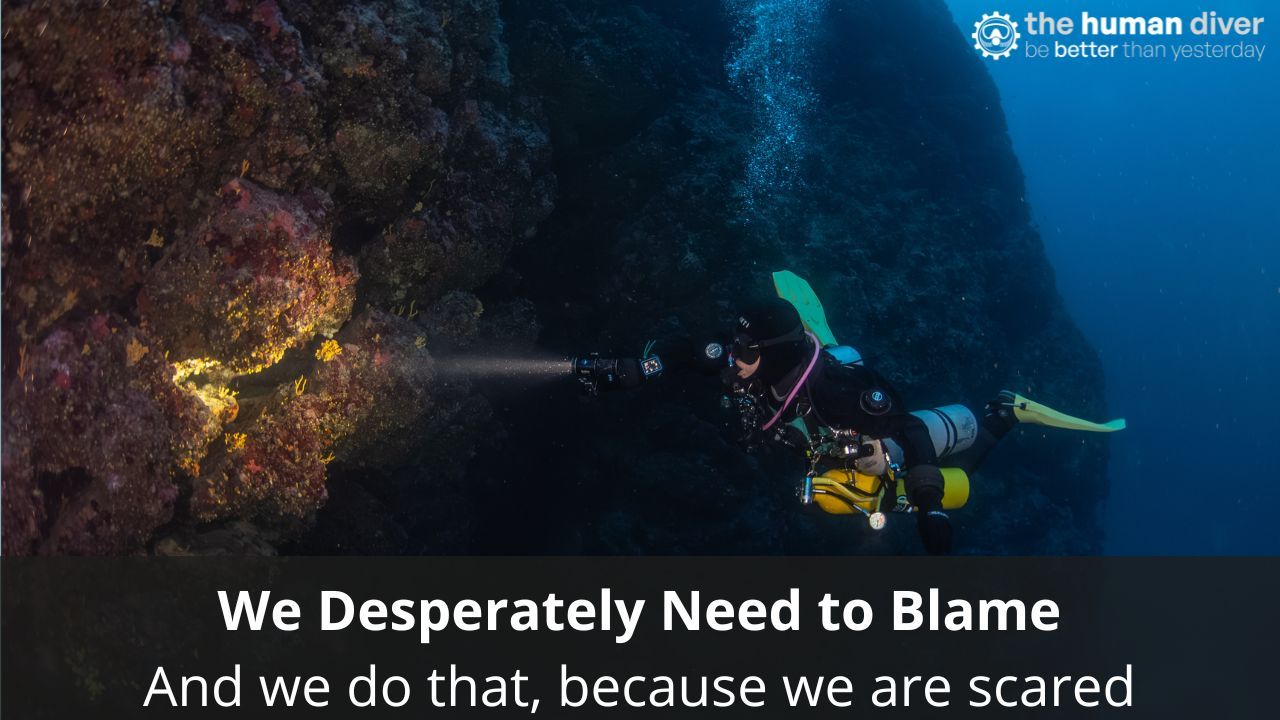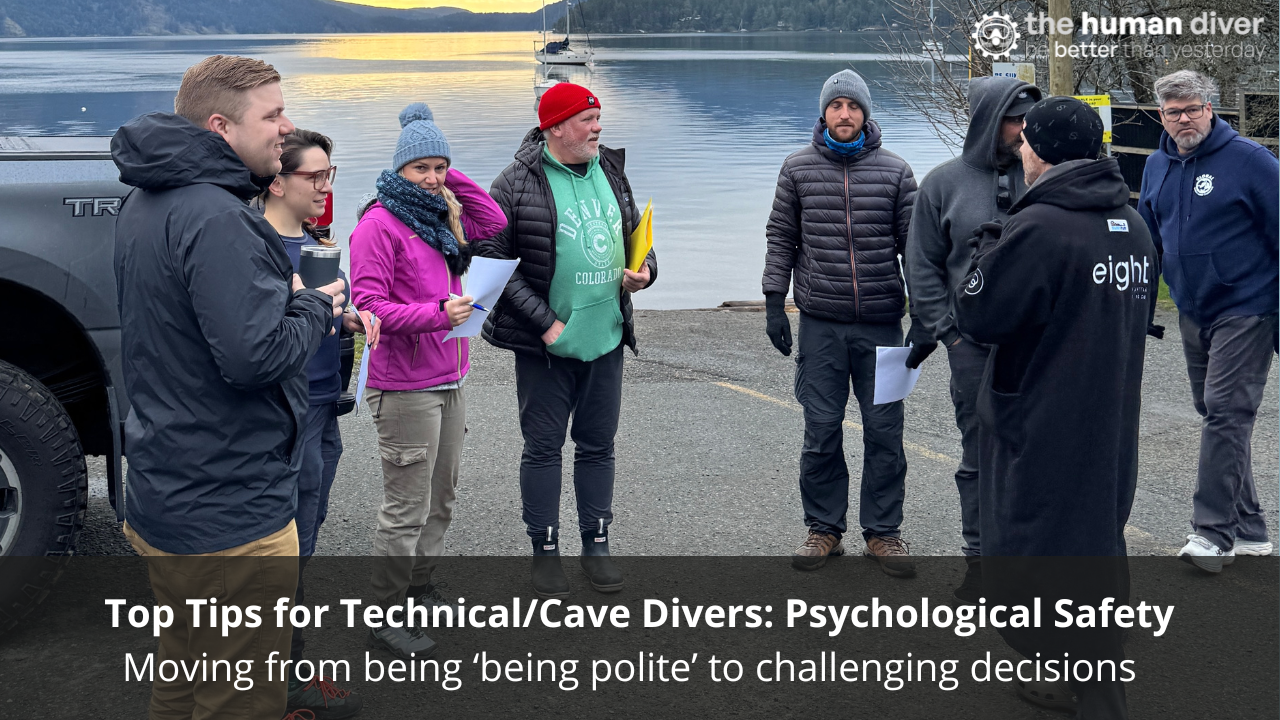
You can’t run before you can walk...
Mar 01, 2021Well, you can, but it normally ends in tears!
Almost one year into the Covid-19 pandemic (Feb 2021), something really positive happened in The Netherlands, many of our lakes and canals froze over and the Dutch stopped moaning about the lockdown. We were now all heading out onto or under the ice! Some people dug up their ice skates, others went looking for opportunities to do some ice diving.
There was a real positive vibe in the air and many people were smiling again.
 Photo: Brenda de Vries
Photo: Brenda de Vries
It’s not every year that we can do some ice diving in The Netherlands so when we can, then we must make the most of it. But diving under the ice requires a different set of skills from ‘normal diving’, as I’m sure you can imagine. To this end, most training agencies have designed ice diving (specialty) courses. The idea is for someone to be properly trained by an ‘Ice Diving Instructor’, earn the certification and then this person would be able to go off by themselves to explore the wonderful world under the ice.
So the rush was on: find a suitable dive site, find an instructor, match up agendas. And this is where I was reminded of an excellent blog Michael Thomas wrote for the TDI website. The blog is called ‘Slow down young fella’ (https://www.tdisdi.com/tdi-diver-news/slow-down-young-fella-attitudes-in-technical-diving/) and in it, Michael explains the dangers of trying to progress too fast. As Michael put it: ‘The cost of mistakes can be injury and death’. I couldn’t agree more.
 Now, why did this blog, written in August 2019, come to mind you ask? Well, in a period of one week I had four instructors who, in my humble opinion, tried to run before they could walk. Let me explain.
Now, why did this blog, written in August 2019, come to mind you ask? Well, in a period of one week I had four instructors who, in my humble opinion, tried to run before they could walk. Let me explain.
The first two instructors signed up for an ice diving course with an instructor trainer. The agency in question requires a minimum of 3 dives under the ice for the diver to be certified. It was both of these guys’ first attempt at ice diving. But, since they were both instructors they thought it would be a good idea if they did the Ice Diver Specialty Instructor course. So, with (hopefully) 3 ice dives under their belts, they became ice diving instructors. Now I know what you are thinking:
'Surely the agency sets extra standards with regards to experience before processing the paperwork and approving the instructor ratings?'
Yes, it does… on paper. But this is simply a matter of the applicant stating that he or she has enough (10 or 20, depending on the specialty course) dives logged. (This is a great example of 'Work as Imagined' vs 'Work as Done')
‘Okay, that must be just a commercial/recreational agency thing right?’
No way that a technical diving instructor would even attempt such a shortcut?
You’d hope so, but no…
That same week I was approached by two technical diving instructors who also wanted to complete some ice diving and become certified Ice Divers. Then, one day later I received a call:
‘Don’t bother organizing it for us. We’ve contacted our Regional Office and since we are both certified Full Cave Divers, we were issued the Ice Diving Specialty Instructor rating.’

Photo: Brenda de Vries
Imagine my surprise…
As instructors, we are supposed to be held to a higher standard. We are supposed to be more aware of the dangers that come with diving beyond our limits or attempting to do dives we do not have the necessary experience for. The real danger lies in the ‘unknown unknowns’, we don’t know what we don’t know. This is also called the Dunning-Kruger effect.
We cannot hope to make diving safer and reduce incidents and accidents if we don’t change our attitude. Instructors who take shortcuts and who try to run before they can walk, set the wrong example. And at the same time, put their students and themselves at risk.
- What do you do to make sure you have all the information needed?
- How do you limit the amount of ‘unknown unknowns’ in your own diving?
- Do you speak up when you see potential problems or dangers?
- Do you encourage others to do the same?

Bart Den Ouden
Bart, who has been a professional diver for almost 20 years, strongly believes that training is paid for but certification is earned. He has always felt “something” was missing in most of the training programmes he has undertaken or taught. Human Factors has filled that gap for him.
He became a professional diver in 2001 and five years later, an EFR Instructor Trainer, a TDI Instructor Trainer a year after that and a PADI Course Director in 2008. He also offers Workplace Accredited Training and is a Diver Medical Technician. He is an Open and Closed Circuit Advanced Trimix Instructor Trainer with around 3,000 dives over 20 years of diving.
Bart was an early adopter and supporter of the Human Factors in Diving courses and went on to offer himself as an instructor with The Human Diver. He wanted to be at the forefront of this holistic teaching in diving.
Want to learn more about this article or have questions? Contact us.










